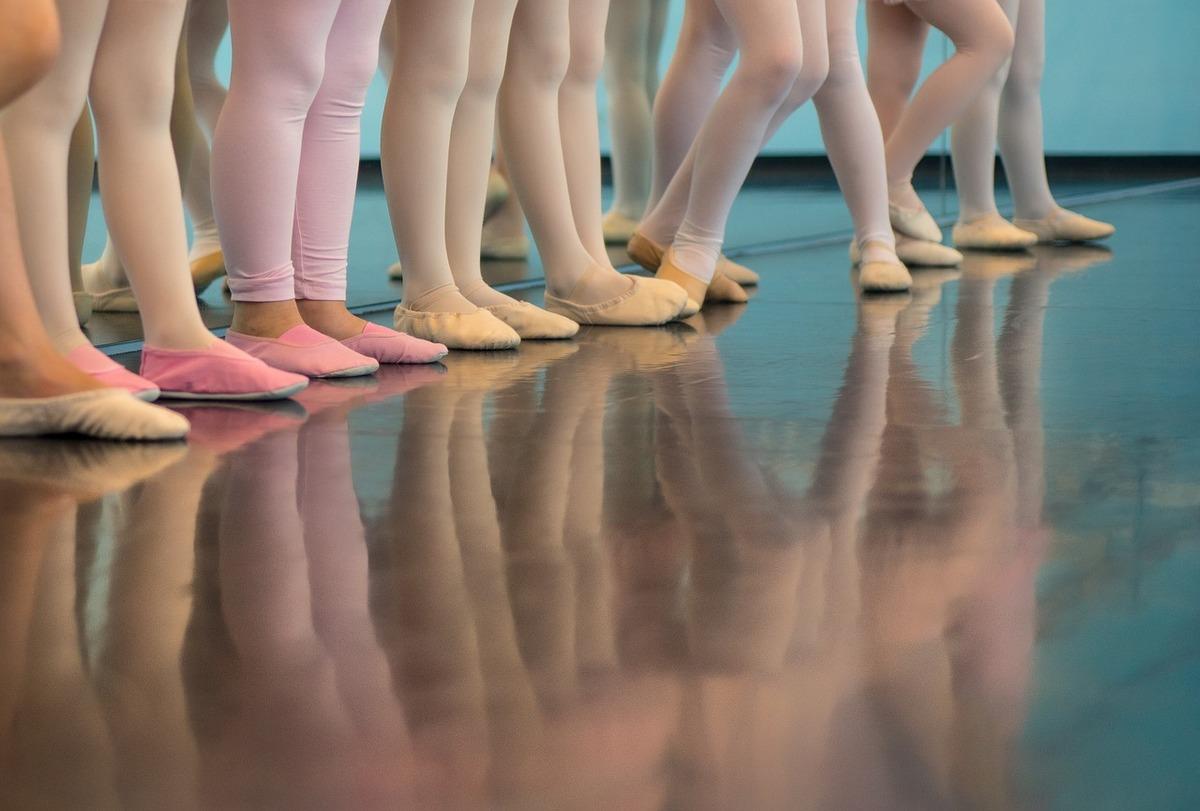Teaching at a dance school is almost always likely to involve teaching children. As such, DBS checks for dance schools are an integral part of safeguarding measures and should play a key role in any dance school’s recruitment procedures.
But how can you determine which checks are most appropriate for the employees in your dance school, and how can you obtain those checks?
In this blog we’ll discuss the key points to consider around DBS checks for dance schools to help make the process clearer.
DBS checks for dance schools: Engaging in regulated activity
As in any role, a dance school employee must meet certain eligibility criteria to allow the dance school to apply for a DBS check on their behalf. These criteria apply to both those engaging in paid work and those acting as volunteers.
When considering DBS check eligibility as a dance school, the two most important points to think about are the nature of the applicant’s role and the location they’ll be working in. Both of these factors can play a part in determining the applicant’s eligibility for the highest level of DBS check – an enhanced DBS check with a check against the children’s and/or vulnerable adults’ barred list.
Anyone engaging in regulated activity with children will be eligible for this level of check. Regulated activity entails a specific list of roles or activities that mean any person who engages in them will be eligible for an enhanced check. This is because these activities involve care or responsibility for vulnerable people. Activities include teaching or instructing children, personal care, or driving a vehicle solely for children.
As such, those teaching at a dance school will usually be engaging in regulated activity, and will therefore be eligible for an enhanced DBS check with a check against the children’s barred list.
DBS checks for dance schools: Eligibility based on the applicant’s place of work
Another way in which employees or volunteers at a dance school would be eligible for an enhanced check is because of their place of work. If they will be working in an establishment as specified by the legislation, on a frequent basis, then they will also be classed as engaging in regulated activity. These frequency requirements are set out in the DBS guidance we linked to above. Specified establishments include schools or nurseries.
DBS checks for dance schools: Who else is eligible for a check?
Whilst most people who work or volunteer at a dance school will likely fit into one of the categories described above, some may not engage in regulated activity. These roles may include administrative roles that are done without interaction with children, and on a separate site to any specified establishment.
Roles such as these are usually not eligible for a higher level of DBS check. However, the employees in question would still be able to obtain a basic disclosure. These checks are issued by the DBS for those working in England and Wales or by Disclosure Scotland for those working in Scotland, and will detail any unspent convictions the applicant has.
DBS checks for dance schools: Regulatory bodies or organisations
One of the key issues that dance schools may face in the DBS checking process is being able to request checks. Schools with employees or volunteers engaging in regulated activity have a legal requirement to ensure that potential employees have not been barred from working with any vulnerable groups they will work with.
However, schools that apply for fewer than 100 checks per year cannot register with the DBS directly. Dance schools in these circumstances (if they’re registered organisations) can register with a DBS umbrella body to process their checks. These are companies approved by the DBS to process DBS check applications.
However, some schools may wish to contact any regulatory body they’re registered with to process checks on their behalf. In some instances, this may be a requirement of registration. Organisations which regulate dance schools include the International Dance Teachers Association (IDTA) and the Royal Academy of Dance (RAD).
DBS checks for dance schools: A summary
The key points to remember when requesting DBS checks for dance schools include:
- Determine the eligibility of any volunteer or employee. Remember to take all aspects of their role into account when looking at this, including where they will be working.
- Unsure of their eligibility? Contact the DBS for further information.
- Look at options for how you can request DBS checks. This may be through a DBS umbrella body like CRB Check Online, or by contacting your regulatory body.
Be sure to get in touch with us if you have any further questions. You can apply for a number of DBS Checks through our simple online platform – most checks are completed within 48 hours. Get started now.







